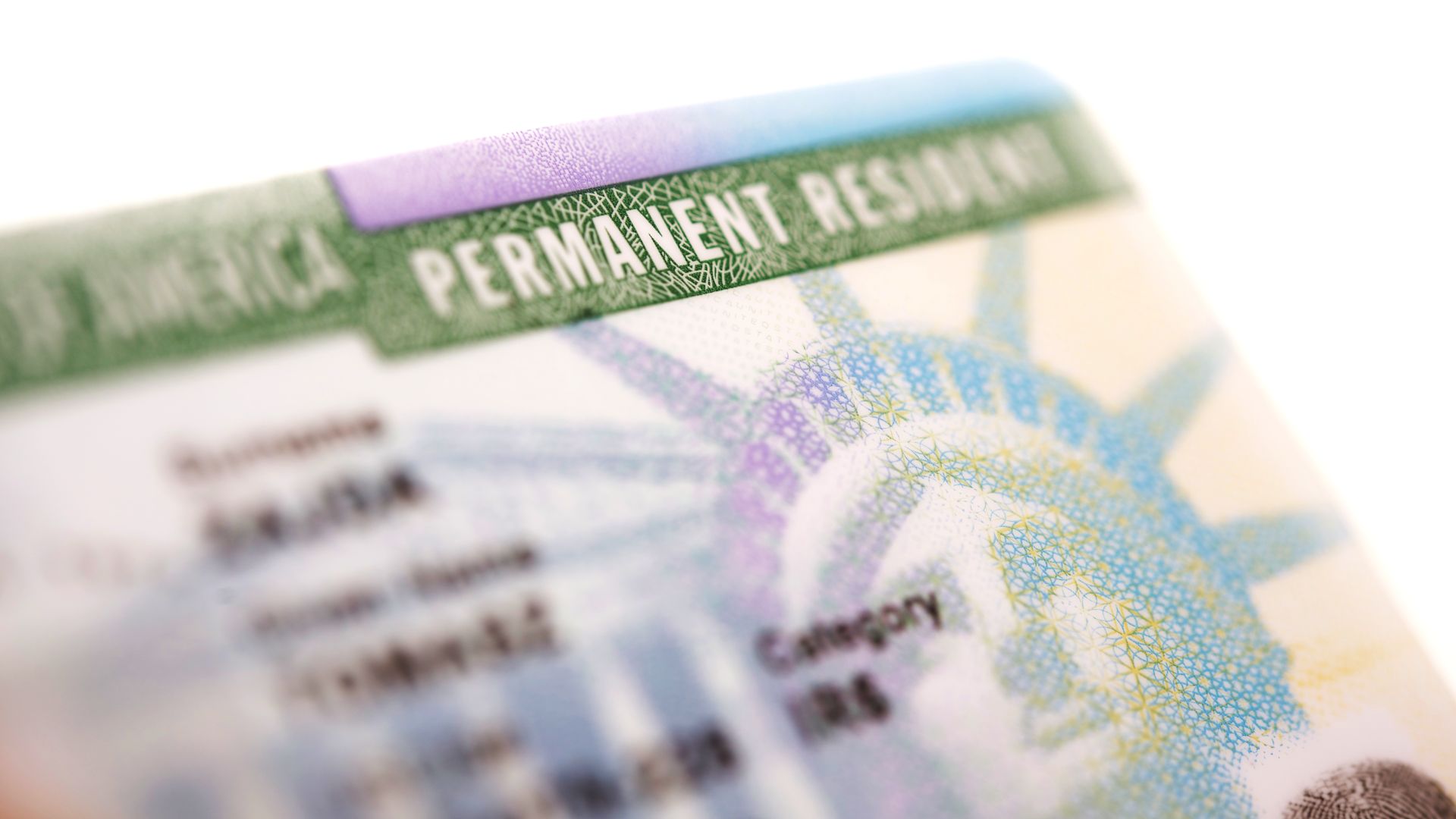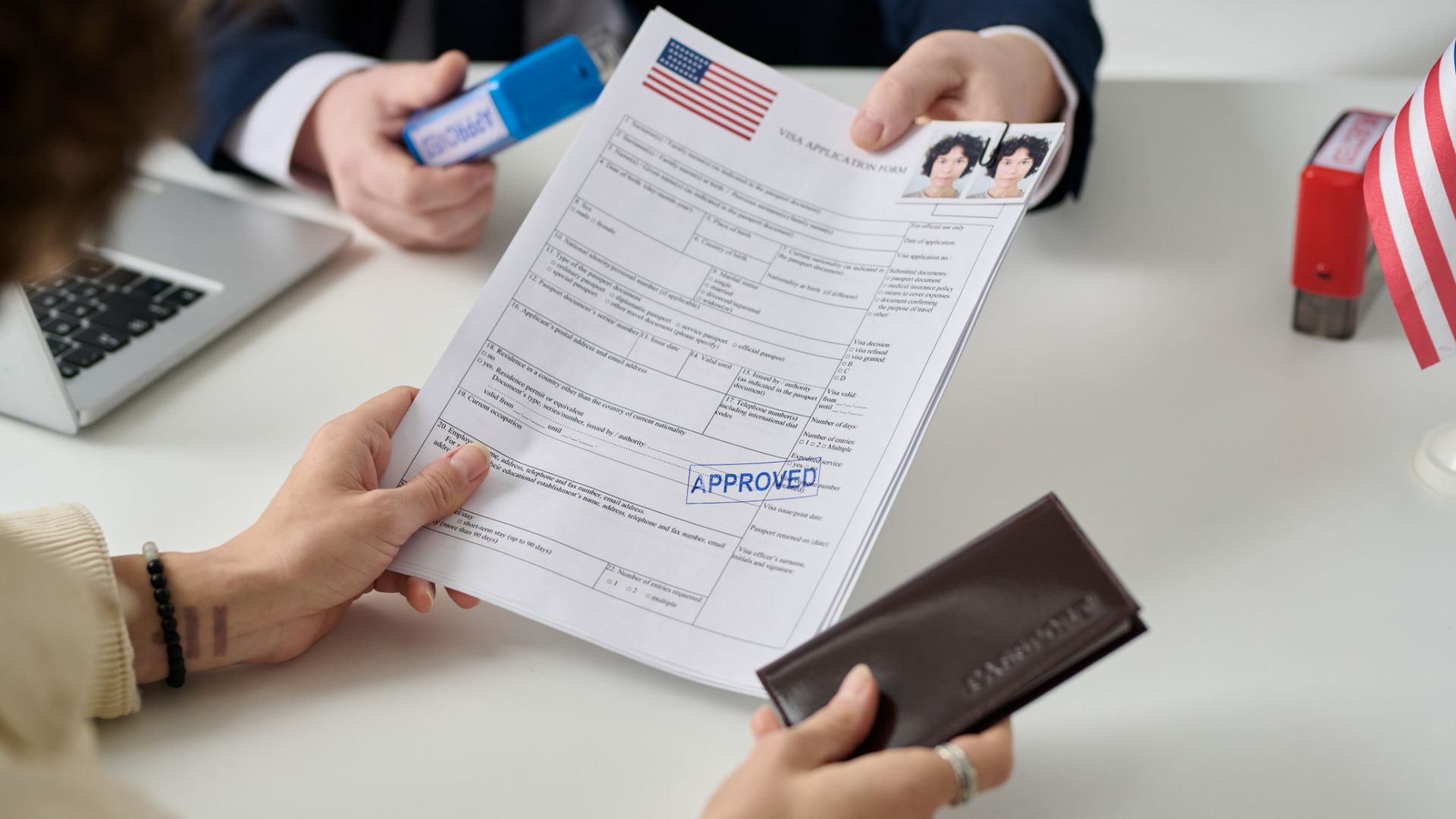In a significant legal development, a federal judge has issued a temporary administrative hold on the Biden administration’s “Keeping Families Together” policy, a program aimed at providing a pathway to citizenship for nearly half a million undocumented immigrants married to U.S. citizens. This temporary stay, lasting 14 days but with the possibility of extension, prevents the Department of Homeland Security (DHS) from processing or approving applications under the new rule. However, the DHS is permitted to continue accepting applications during this period, offering a glimmer of hope for those impacted.
The Legal Battle Begins: States vs. the Federal Government
The temporary restraining order (TRO), issued on August 26, 2024, by Judge J. Campbell Barker of the U.S. District Court for the Eastern District of Texas, came in response to a lawsuit filed by 16 Republican-led states. These states, led by Texas, argue that the “Keeping Families Together” policy is unconstitutional and exacerbates what they describe as the ongoing “illegal immigration disaster” in the United States. The lawsuit, filed just days earlier on August 23, has quickly escalated into a high-stakes legal showdown.
Judge Barker’s decision to issue the TRO is rooted in his belief that the court must carefully review the legality of the program before allowing it to move forward. By pausing the program now, the court aims to prevent any irreversible actions that could occur if the policy were later found to be unlawful. The judge emphasized that the claims made by the states warrant a thorough examination, and the temporary stay ensures that the court retains the ability to fully reverse the program’s effects if necessary.
“The court needs to keep its options open,” Judge Barker stated in his ruling, highlighting the importance of caution in such a complex and potentially far-reaching case.
The “Keeping Families Together” Program: A Brief Overview
The “Keeping Families Together” policy represents a significant expansion of an existing program known as “parole in place.” This initiative allows certain undocumented spouses and stepchildren of U.S. citizens to temporarily apply to remain in the country legally. If granted, these individuals can potentially pursue a marriage green card without having to leave the United States, thus avoiding the often devastating consequences of family separation.
The Biden administration estimates that the program could benefit approximately 500,000 undocumented spouses and 50,000 stepchildren. To qualify, applicants must have lived continuously in the U.S. for at least ten years, be married to a U.S. citizen as of June 17, 2024, and have no disqualifying criminal history or security threats. The application process involves a $580 fee and requires the submission of Form I-131F, along with a personal statement and evidence of continuous presence in the country.
The Stakes for Undocumented Families
For the hundreds of thousands of undocumented immigrants who stand to benefit from the “Keeping Families Together” program, the temporary stay represents a period of uncertainty and anxiety. While they can continue to submit their applications during this 14-day period, they must now wait in limbo as the court deliberates on the program’s future.
The DHS has emphasized that applying for the program is not restricted during the stay, and individuals who meet the eligibility criteria should consider preparing and submitting their applications. If the stay is lifted after 14 days, and the DHS is allowed to begin processing applications, those who applied during the pause will not be penalized or barred from consideration.
In response to the lawsuit, a group of undocumented immigrants, their U.S. citizen spouses, and the Coalition for Humane Immigrant Rights (CHIRLA) have filed a motion to intervene in the case to defend the program. These groups argue that the policy is crucial for keeping families together and is grounded in established legal authority.
“Keeping Families Together is grounded in well-established legal authority, and its purpose — enabling the families of U.S. citizens to live without fear of separation — is consistent with fundamental American values,” said Mayra Alejandra, a spokesperson for the DHS.
Opposing Views: The Debate Over Immigration Policy
The legal battle over the “Keeping Families Together” policy is emblematic of the broader, deeply polarized debate over immigration in the United States. Supporters of the program argue that it is a humane and necessary step to protect families from the trauma of separation. They contend that the policy aligns with American values of family unity and fairness.
Opponents, however, argue that the program encourages illegal immigration and places an undue financial burden on states. The lawsuit filed by the 16 states claims that the policy will increase demand for state-funded services and potentially drive down wages in affected areas.
Texas Attorney General Ken Paxton, who has been a vocal critic of the Biden administration’s immigration policies, stated, “This program is just another example of the federal government overstepping its bounds and ignoring the impact on states like Texas. We cannot afford to shoulder the costs of illegal immigration any longer.”
What’s Next: A Fluid Situation
The court has set an expedited schedule for the case, with key deadlines in September and early October. A hearing on preliminary relief and summary judgment is expected to be scheduled soon after October 10. This timeline suggests that a more permanent resolution to the legal battle could be on the horizon, but for now, the fate of the “Keeping Families Together” program remains uncertain.
As the case progresses, it will likely become a focal point in the national conversation about immigration policy, particularly as the 2024 presidential election approaches. The outcome could have significant implications not only for the program’s beneficiaries but also for the broader landscape of immigration law in the United States.
A Time of Uncertainty
The temporary halt to the “Keeping Families Together” program underscores the fragility of immigration policy in the U.S., where legal battles and shifting political winds can upend the lives of hundreds of thousands of people. For now, undocumented spouses of U.S. citizens who hoped to find stability and security through this program must wait and watch as the legal process unfolds.
Despite the current pause, the DHS continues to encourage eligible individuals to apply, offering a message of resilience and hope amid the uncertainty. As the court prepares to delve deeper into the case, the eyes of the nation will be watching closely, aware that the stakes could not be higher for the families caught in the balance.








